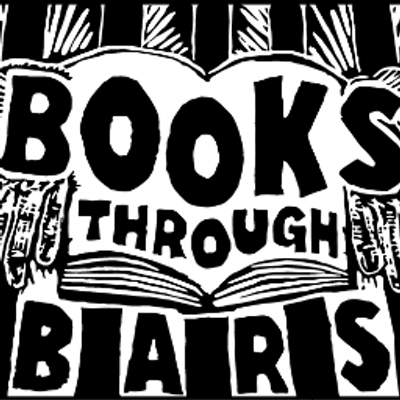“Any book worth banning is a book worth reading.”
― Isaac Asimov (Author)
For centuries, books have been banned schools and libraries. The first book to be officially banned was Thomas Morton’s 1637 three-volume work, New English Canaan, though some scholars believe that it was John Elliot’s The Christian Commonwealth from the late 1640s, or William Pynchon’s The Meritorious Price of Our Redemption from 1650. Morton’s work was banned, in simple terms, for being “sympathetic toward Native Americans, admiring of nature, and contemptuous toward the self-sanctified.”
It may or may not surprise you to find out that, in addition to schools and libraries, there are books that are banned in prisons as well.
In December of last year, the state of New York issued Directive 4911A. At the time, it applied to three prisons in the state, but had the potential to expand to other prisons in the future. A PDF titled “Directive #4911” gives a more current and detailed description of what the directive entails.
According to thinkprogress.org, the program limits the package that inmates receive and where they receive them from. This is determined through a list of approved suppliers which excludes family, friends, and non-profit organizations.
The Department of Corrections and Community Supervision claims that this initiative will “enhance the safety and security of correctional facilities through a more controlled inmate package program.”
Because of Directive 4911A, among other issues, the books that inmates can receive has been affected.
Books Through Bars is a non-profit organization based in Philadelphia that has been distributing free books to prisons in Pennsylvania, New Jersey, New York, Maryland, Delaware, Virginia, and West Virginia for over twenty years.
Due to this policy, Books Trough Bars stated that inmates wouldn’t have access to “books that help people learn to overcome addictions or learn how to improve as parents. … No texts that help provide skills essential to finding and maintaining work after release from prison. No books about health, about history, about almost anything inside or outside the prison walls,” in a letter to New York’s governor as well as the acting commissioner for the department of corrections.
Nothing has been said on how the New York directive has affected Books Through Bars.
Every state is different with the books they ban from their prisons. For example, there was a very brief time where South Carolina got away with banning everything except the Bible in their prisons.
Pennsylvania has ban just about anything that involves magic, though the Harry Potter series appears to be exempt from the ban. Recently, Pennsylvania ban print books in prisons to prevent drug smuggling. This was a result of a state wide lock down due to a drug issue.
Inmates of the prisons are allowed access to e-books. This policy change will also affect Books Through Bars.
